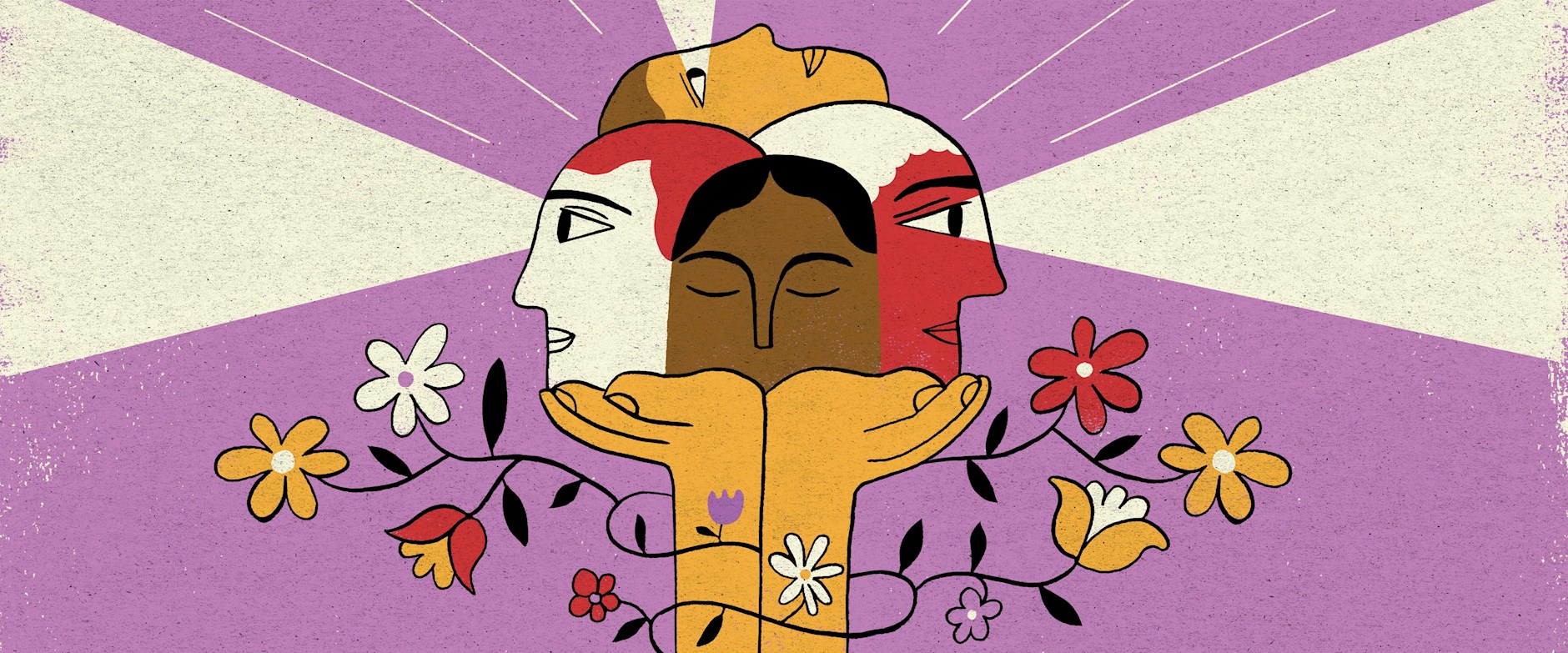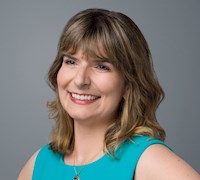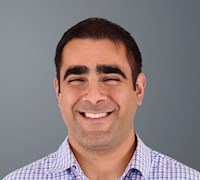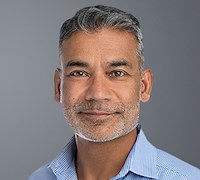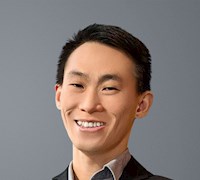Dubey already knew some about the disability space and its issues through his wife, Sarah Geenen, AB ’90, a research professor of 25 years who creates community-based programs for foster-care youth with disabilities. Then, he suffered a severe accident and experienced a spinal cord injury. His initial prognosis: he may or may not make it 60 days, and if he makes it, he might experience permanent quadriplegia.
“By some grace, I was able to recover a good amount of my function,” he says. But he also discovered a new realm: invisible disability. Though it may not be evident to the casual observer, he experiences periods of neurological challenges including fatigue and dizziness. He needs to get enough sleep and be able to choreograph travel far in advance.
But there’s a strong stigma against disclosing disability, chronic illness, and mental-health challenges, particularly in industries that have a bias against showing “weakness.” That needs to change.
“If the leadership teams and boards of companies would be comfortable disclosing their disabilities, it sets up the foundation for a safe space for more people to be able to disclose their disability and ask for accommodation,” he says.
As companies look more and more at environmental, social, and governance concerns, Dubey wants to encourage them to include disability inclusion and accessibility in their efforts. He’s lobbying his broad, deep network of senior business leaders and investors to include people with disabilities on their boards.
A large part of this network comes from Booth. “All of my ecosystem of friends are UChicago people,” he says. His wife, sister, and nephew all went to the University of Chicago, and his son is there now. He served for two terms on the Alumni Board, which was a tremendous source of support through the time of his injury and recovery.
In 2021, Dubey and fellow board member Bjarne Tellmann, JD ’95, wrote a letter encouraging the general counsels of major companies to commit to increasing the number of people with disabilities within their law departments. Many signed on, including Medtronic, Unilever, Anglo American, and GSK. While there’s much to be done in D&I, Dubey knows the law profession is where he can have the most immediate impact.
“The legal industry is behind in so many ways in inclusion—and accessibility writ large tends to be a footnote in any D&I conversation,” he says. “So I decided to focus where I have my network, where I am best able to influence the conversation.”
For example, what if the software vendors used by law firms could build accessibility into their software from day one? He’s an investor and strategic advisor for SenseIT, a company headquartered in Tel Aviv, Israel, that automates accessibility testing for companies developing software. “It makes it a lot easier for organizations and software companies to build in accessibility without a separate stream that they have to justify economically,” he says. “That can have an enormous impact in a concrete, tangible way.”
Dubey wants more business leaders to realize that accessibility doesn’t just benefit those who need accommodations. “Accessibility and universal design help everybody,” he says. “It helps to give people the space to live their lives in and out of the context of work.”
Expanding disclosure and accommodation will tell employees that it’s OK not to be OK—that they can take mental-health days, turn off their camera when they need to, leave early when they aren’t feeling well.
There are many capable, smart advocates in the disability space, and there’s a lot to be done. Change is not as impossible as it can sometimes feel, Dubey says.
“You can make real change, and it doesn’t have to be with a sledgehammer. You can use a scalpel approach instead—take a goal and move it a little bit forward,” he says. “Having those small wins along the way, in aggregate, will make a difference.”



